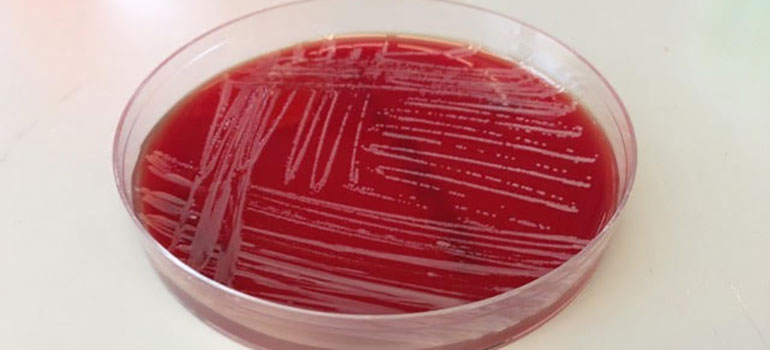Researchers at the University of British Columbia have discovered vital information about the difficult to manage bacterial infection found in cystic fibrosis patients, which can lead to the discovery of treatment options.

A bacteria called Burkholderia cenocepacia usually lives in the soil and the environment but it can also be found in cystic fibrosis patients.
READ MORE: Why Canadian cystic fibrosis patients live 10 years longer than their U.S. peers
“The bacteria still wreaks havoc as it can be passed from patient to patient both inside and outside of the hospital,” UBC researchers noted in a news release.
Burkholderia is a difficult bacteria to treat because of the way it is composed. Its hard exterior is not easy to penetrate, making it resistant to most antibiotics.

Get weekly health news
It was discovered that the more time the bacteria lives inside someone the fewer toxic traits they retained. The researchers also uncovered that over time the bacteria eventually got smaller, indicating that it was adapting to the patient’s lungs.
“This flexibility makes it all the more important to understand how the bacterial genome evolves over time within the patient, so that we might design better treatments for different phases of the infection,” said Corey Nislow, a professor in UBC’s faculty of pharmaceutical science.
READ MORE: ‘Odds can be beaten’: Martial arts give cystic fibrosis patient hope
In the 1990s, throughout Canada and the United Kingdom, an epidemic of this bacteria broke out infecting hundreds of people in just B.C. According to the news release, Burkholderia is still active in people today.
The outcome of this study gives researchers a set of genes that are common to all strains despite the size difference between various patients.
“We’ve identified a common set of core genes that are common to all patient samples,” he said. “The next step is to identify drugs that are specific to those gene products.”
According to Nislow, the next step for his team is to reference what they have found and study thousands of drugs to discover the best treatment options.
The researchers are also continuing to collect samples from new cases of Burkholderia in cystic fibrosis patients to further enhance their analysis.







Comments